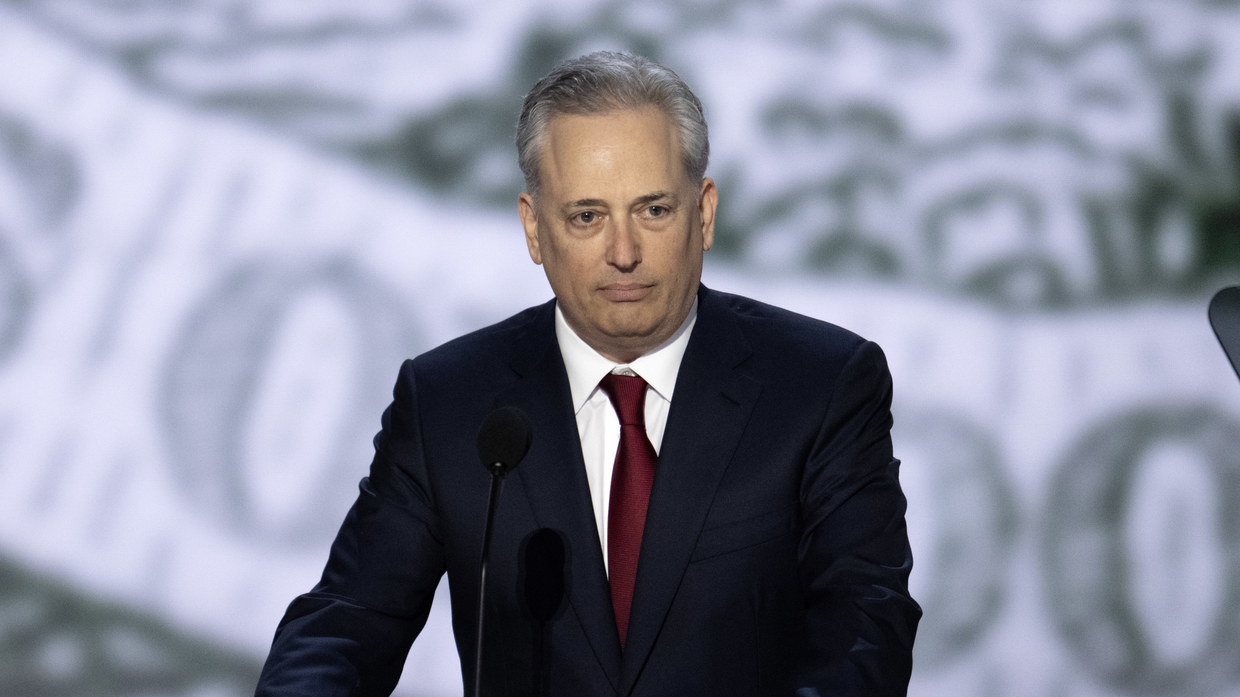The US has violated its own constitutional freedoms by forcing its NATO ally France to arrest Telegram CEO Pavel Durov, American investor David Sacks has suggested.
Writing on X (formerly Twitter) on Sunday, Sacks slammed the detention of Durov at a Paris airport, reportedly on charges related to his alleged complicity in fraud, drug trafficking, cyberbullying, and promoting terrorism.
In an apparent nod to the rumored US role in the arrest, Sacks wrote: “Using allied countries to circumvent First Amendment protections is the new Rendition.” The US Constitution expressly protects freedom of speech and makes no distinction between citizens and people from other countries.
Sacks was a co-founder of PayPal, and the platform’s Chief Operating Officer for some 18 years. He is a member of the so-called ‘PayPal Mafia’ who founded a series of other successful tech companies, and has been an angel investor in Facebook, Uber, Rumble, Scribd, Slack and SpaceX.
In April, Sacks denounced a US law that would ban the video-sharing platform TikTok if its China-based developer ByteDance refused to sell it within 12 months. At the time, the investor suggested that after the crackdown on TikTok, Telegram, X and the video platform Rumble could end up in Washington’s crosshairs.
The French move to arrest Durov was also criticized by Tesla and Space X CEO Elon Musk, who launched the hashtag #FreePavel, suggesting that the pressure on freedom of speech could worsen. “POV: It’s 2030 in Europe and you’re being executed for liking a meme,” he quipped. He also agreed with a user who wondered if X could be the next to come under fire.
In an interview with conservative American journalist Tucker Carlson released in April, Durov claimed that he got “too much attention” from US law enforcement agencies while he was in the country. He said that while he was not under any legal scrutiny, he had to regularly deal with US authorities eager to get more insight into how Telegram worked.
The tech entrepreneur also claimed that law enforcement had attempted to recruit one of his employees to install a backdoor in the messenger that would allow them, or any other government, to spy on Telegram users.

